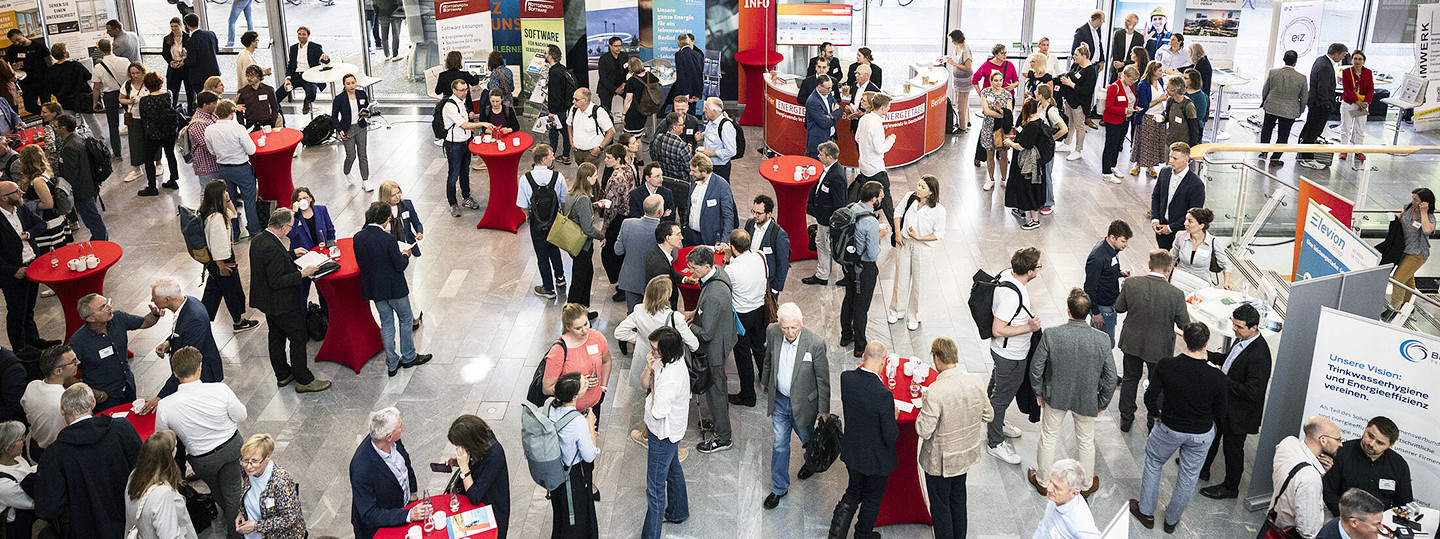
Berlin Energy Days 2024: Focus on the heating transition
At this year's panel at the Berlin Energy Days 2024, we spoke with selected partners about the financial viability of the heating transition, stakeholder management and scenarios for successful cooperation. Find out more in this article!
The heat transition is waking up from its slumber - or is it?
While we are now on the right track in Germany when it comes to electricity, the situation is more complicated when it comes to heat supply. The share of green energy in the heat supply has increased slightly to 19 per cent - previously it was around 15 per cent. However, the annual refurbishment rate in the building sector itself is still extremely modest. It has been around 1 per cent of the building stock for a long time. This is far too little to successfully drive forward the energy transformation in the building sector and makes the heating transition one of the hottest topics on the agenda.
From a "heating thriller" to an innovation forum for the heating transition
The heating transition was already one of the most important focal points of the Berlin Energy Days last year. Last time, we provided numerous solutions for the upcoming wave of refurbishment and for efficient and resilient supply networks under the motto "X-Files Heat Transition". What many still saw as an exploration phase and a veritable "heating thriller" back then is now on the table as an urgent topic - and has recently even been printed in law. The new Heat Planning Act (WPG), which came into force on 1 January 2024, is reshuffling the cards. Added to this is the amendment to the Building Energy Act. Since the beginning of the year, every local authority has been legally obliged to realise a climate-neutral heat supply itself. This makes the switch to green heat all the more urgent - and good solutions all the more in demand.
Our expert contributions at the Berlin Energy Days 2024
At the Berlin Energy Days 2024, our experts and partners provided impetus for decarbonisation and transformation - this time with a focus on financing. A total of nine specialists spoke on the panel "Heat transition in demand - financeable, feasible, presentable?". As in the previous year, the panel was chaired by Christian Noll and Prof. h.c. Dr Frank Höpner. Christian Noll is the Managing Director of the German Business Initiative for Energy Efficiency (DENEFF). Prof. h.c. Dr Frank Höpner has been a member of the Executive Board of ENGIE Deutschland for many years.
In the current discussions at the Berlin Energy Days 2024, we came up with interesting solutions on the subject of the heating transition. What counts at the moment are new financing solutions that can be transferred to individual local circumstances. This requires new collaborations and supply concepts that are as locally as possible. Our experts provided an overview of the current situation and explained various financing instruments - both centralised and decentralised approaches. We also made it clear why digital solutions are the prerequisite for a future-proof and competitive heating network.
The speakers and their topics at a glance
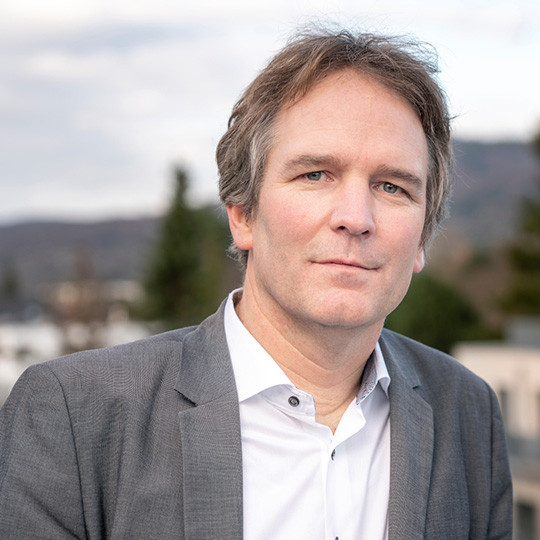
Dr.-Ing. Dipl. Phys. Martin Pehnt: A keynote speech
After a brief introduction, the panel began with a keynote speech by Dr Martin Pehnt. The director of the IFEU Institute for Energy and Environmental Research in Heidelberg is one of the most renowned scientists when it comes to the energy transition. He explained his view of things and shared some inspirations. The expert emphasised the target once again: energy consumption in the heating sector is to fall to 662 TWh by 2045.
This is only possible through
- more building efficiency,
- sufficiency
- and conscious consumer behaviour.
The EU climate protection package "Fit for 55" has set the course accordingly. Funding programs such as the Federal Subsidy for Efficient Buildings (BEG) already exist and are being actively used. According to the expert, it is now important to get the municipalities on board with the right financial incentives. In addition, the successful heating transition requires a whole concert of new ideas.
Among other things, Martin Pehnt referred to the following as key impulses
- cooperative initiation of heat supply concepts,
- intermunicipal heating networks
- and refurbishment sprints.
In the further course of the presentation, he emphasised the relevance of good financing concepts.
Presentation "Heat transition in demand - affordable, feasible, presentable? Kick-off impulse"
Dr Tanja Utescher-Dabitz: Financing instruments for municipal heat planning
In her presentation "Capital for the energy transition - financing instruments for municipal heating planning", Dr Tanja Utescher-Dabitz hit the nail on the head. The Head of the Business Administration, Taxes and Digitalisation Department of the German Association of Energy and Water Industries (BDEW) presented the results of a study. As part of the "Capital for the energy transition" research project, BDEW developed specific recommendations for energy supply companies.
Dr Tanja Utescher-Dabitz began by emphasising that the energy transition is a task of the century. It has to be financed and requires an enormous amount of communication on the ground - as well as skilled workers. Investments on an almost unprecedented scale are needed to achieve the energy transition targets set by the German government. As a guideline, the energy sector will have to invest around 600 to 700 billion euros by 2030.
What can be done to attract capital for the energy transition? Dr Tanja Utescher-Dabitz discussed the results of the study. The BDEW recommends companies the following measures, among others:
- Business models for the stand-alone energy transition - i.e. projects that are managed, for example, by a project company that is separate from the municipality concerned
- Strengthening the internal financing capability and equity position
- increasing the range of investors
Presentation "Capital for the Energy Transition - Financing Instruments for Municipal Heat Planning"
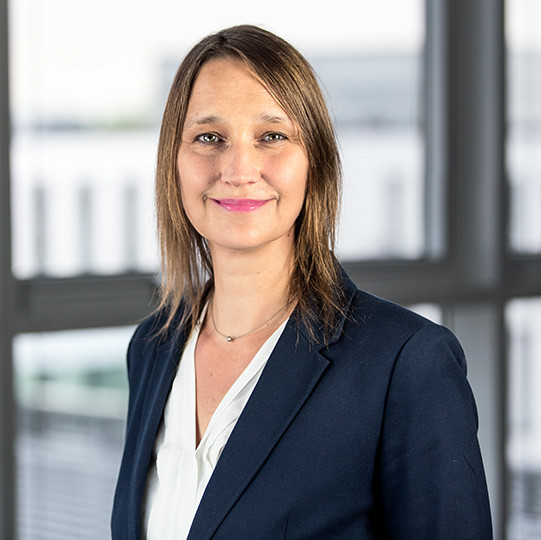
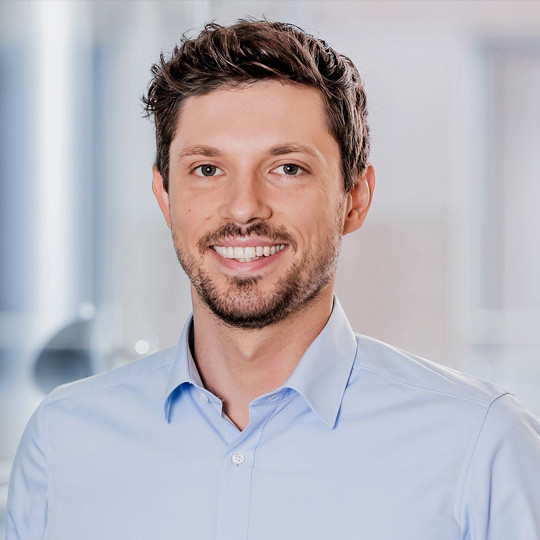
Dustin Heinrich: Financing the transformation - challenges and solutions
Dustin Heinrich is Strategic Head of the Energy Industry division at Deutsche Kreditbank AG. His presentation at the Berlin Energy Days 2024 centred around three key messages:
- The municipal energy industry is confronted with enormous and diverse challenges.
- It is also subject to high investment requirements, which can go beyond balance sheet ratios.
- Last but not least, companies in the municipal energy sector must communicate with financial partners in a more focussed and transparent manner.
In his presentation, he addressed the challenges facing the municipal energy industry - including the cross-financing of loss-making areas and the high investment requirements of the heating transition.
Dustin Heinrich presented an illustrative balance sheet example. In the further course of the presentation, he emphasised a wish for the energy sector from a banking perspective: it is necessary to talk to each other at an early stage. The interaction between the players represents the greatest challenge of the heating transition. Early dialogue with banks is essential to enjoy planning security and to obtain a third opinion.
Presentation "Financing the transformation - challenges and solutions"
Martin Bornholdt: District heating in a field of tension
Martin Bornholdt spoke about the current framework conditions for heating networks from the perspective of heat suppliers. The founder and managing director of the energy consultancy Kelvin Green began his presentation by deliberately exaggerating the typical expectations that municipal decision-makers have of heating network operators: According to this presentation, mayors want a heat supply that is completely climate-neutral and affordable for citizens, preferably well before 2030, and is realised without the authority having to invest itself.
Martin Bornholdt went on to show that this is generally not feasible in practice. According to the expert, this is precisely where an area of tension arises in the field of district heating - green heating networks are linked to three success factors that must be realised simultaneously:
- Economic efficiency
- Competitiveness
- Social compatibility
To be successful in this field of tension, a very structured approach is required on the part of the heating suppliers:
- Firstly, an overview of the local heating market must be obtained, and new sales potential identified.
- Transformation plans must then be drawn up that are in line with the federal subsidy for efficient heating networks (BEW).
- Feasibility studies for heating network areas should then be carried out.
Presentation "District heating in the field of tension"
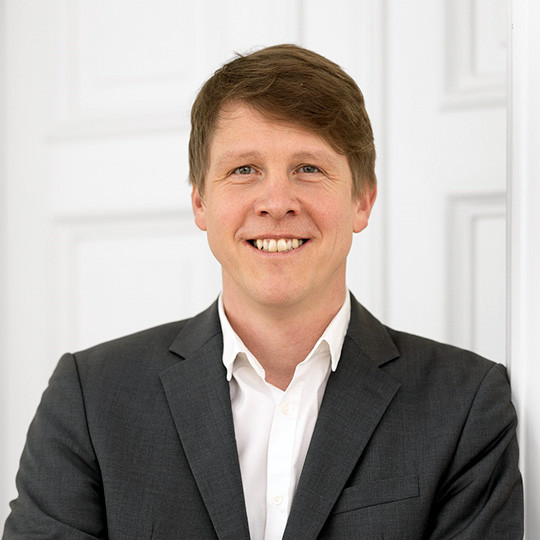
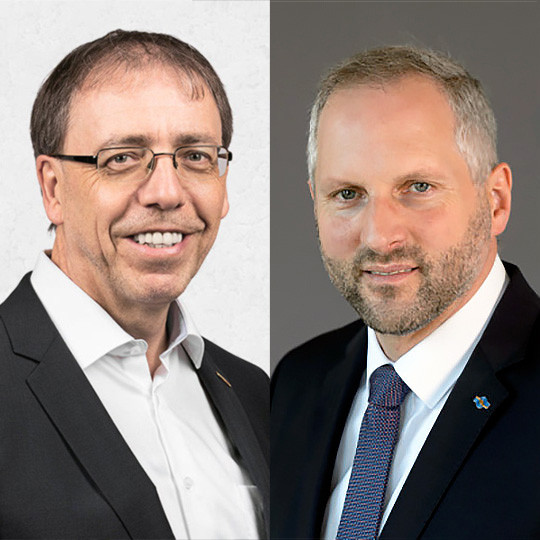
Martin Kraus and Thomas Gebhart: Partnership between grid and sales in the implementation of municipal heating planning in Saarbrücken
Martin Kraus, CEO of Energie SaarLorLux AG, which is part of ENGIE Deutschland, and Thomas Gebhart, CEO of Stadtwerke Saarbrücken Netz AG, gave a joint presentation at the Berlin Energy Days 2024. The topic was the extent to which the grid and sales can work together in municipal heat planning.
To this end, the two experts delved deep into the practical side of things using the example of a heat transition project in Saarbrücken:
- They explained the structure of the district heating supply in Saarbrücken
- They made it clear that the heating transition would simply not work without cooperation between the grid and sales.
- Network expansion and densification are also very important.
- At the same time, obstacles must be overcome to connect new customers to the district heating network. In this regard, the experts mentioned the low price of gas and the attractiveness of heat pumps due to the subsidy landscape.
The special feature: the plan is to make half of the comparatively large district heating network, which covers over 50 per cent of the local heating requirements in Saarbrücken, climate-neutral in one fell swoop. To achieve this, an old gas engine power plant on the Saar will be converted with a river heat pump.
The experts' final statement on the question of whether the heating transition is feasible: Yes! As was the quintessence of many other presentations at the Berlin Energy Days 2024, Martin Kraus and Thomas Gebhart also emphasised the need for financial viability, communication and personnel.
Download: Presentation "Partnership of grid and sales in the implementation of the municipal heating transition in Saarbrücken"
Dipl.-Ing. Michael Hofmann: Stakeholder management for the heat transition: The path of the Regionalwerk Bodensee
Dipl.-Ing. Michael Hofmann is the Managing Director of Regionalwerk Bodensee GmbH & Co KG. His presentation focussed on the practical implementation of the heat transition in Tettnang, a municipality with 20,000 inhabitants near Lake Constance. The energy transition is being planned there as part of a newly founded regionalisation concept involving seven municipalities. The vision in Tettnang is for a contractor to build a heating network including a boiler house and operate the systems over 20 years via energy supply contracting.
In addition to technical details, Dipl.-Ing. Michael Hofmann addressed the challenges of the project. First and foremost was the issue of financing. Also mentioned by the expert:
- the development of new neighbourhoods
- the solution-based implementation
- the need to be able to offer competitive prices.
There are therefore also clear parallels with this presentation as to what ultimately contributes to the success of the heating transition - in particular the financial viability and competitiveness of green heating supply networks.
Dipl.-Ing. Michael Hofmann cited the topic of cooperation as another important success factor. Creative solutions are also needed to a certain extent. The project presented in Tettnang, for example, is being managed by a newly founded project company - with ENGIE on board as an experienced partner.
The expert concluded by explaining why energy contracting is absolutely worthwhile for local authorities.
Download: Presentation "Stakeholder management for the heat transition: The path of the Regionalwerk Bodensee"
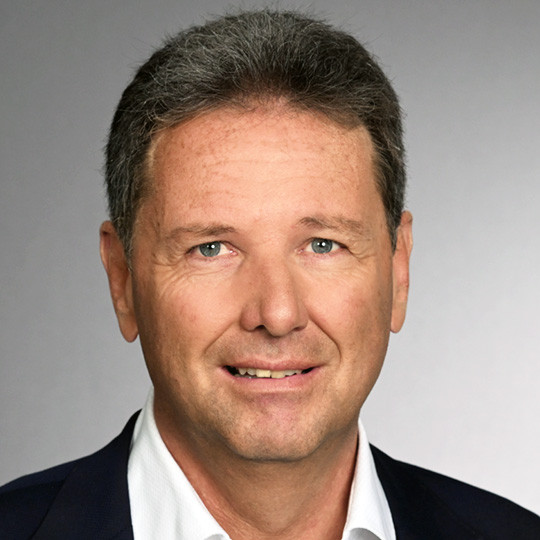
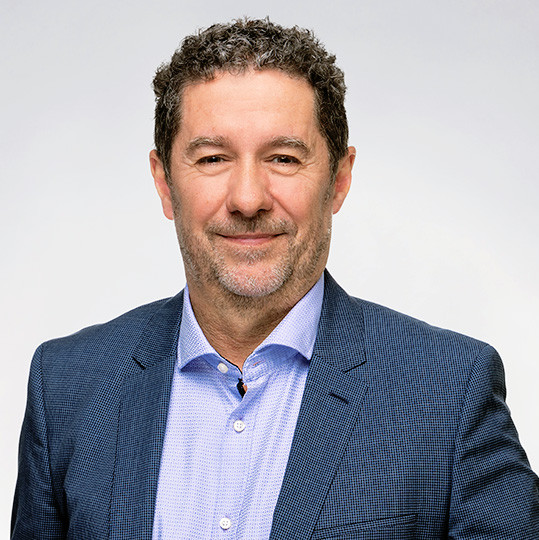
Dipl.-Geol. Rüdiger Grimm: Options for near-surface geothermal energy for the municipal heating transition
Dipl.-Geol. Rüdiger Grimm's presentation focussed specifically on a technological option for the heat transition. The Managing Director of geoENERGIE Konzept GmbH highlighted the advantages of geothermal energy.
First, however, the expert gave an overview of the market situation for geothermal heat pumps:
- This was indeed in a crisis, as the discussions in the run-up to the Building Energy Act (GEG) had caused uncertainty among end customers, among other things.
- In addition, there are too few incentives for renovation construction. As the previous speakers, also Rüdiger Grimm stated that the decarbonisation of the grids lacked financing.
- In addition, there are uncertainties in the funding framework.
- An important key finding: The expert observed fewer projects in which geothermal energy is used exclusively. Combination solutions, in which geothermal energy can play to its strengths, are currently gaining ground as it is most efficient when it can act as storage in a project.
The speaker at the Berlin Energy Days 2024 cited the GREEEN residential neighbourhood in Solingen as a successful example of this. Dipl.-Geol. Rüdiger Grimm introduced the project and its interesting concept in the course of his presentation. The multivalent energy supply is representative of the currently successful projects on the market. It is based on a combination of photovoltaics, air-to-water and brine-to-water heat pumps, e-charging points and green residual electricity from the public grid.
Download: Presentation "Options for near-surface geothermal energy for the municipal heating transition"
Niklas Wiegand: Creativity and cooperation for a successful heating transition
Niklas Wiegand concluded our panel at the Berlin Energy Days 2024. The new Managing Director of ENGIE Deutschland GmbH explained how the heating transition can succeed in practice - using the example of ENGIE's services. The expert emphasised that ENGIE starts early when it comes to developing long-term and sustainable solutions for the energy transition.
What makes ENGIE special is that the company has a fully integrated value chain - from consulting, engineering and planning to optimisation. Niklas Wiegand explained numerous details in his presentation.
Download: Presentation "Creativity and cooperation for a successful heat transition"
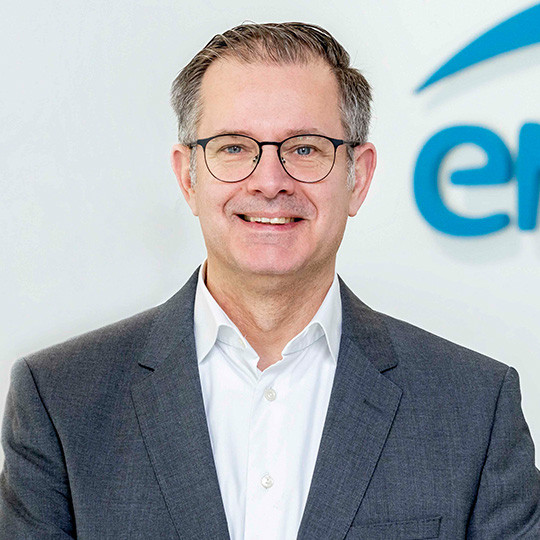
Conclusion on the Berlin Energy Days 2024
We are delighted that we were able to contribute to a lively dialogue in the industry with our speakers. The framework conditions have changed, and politicians have finally set a direction with the new heating laws - knowing that this poses major challenges for municipal players in practice. We are therefore even more pleased to have highlighted solutions that are in tune with the times and will pay off in practice in the long term.












